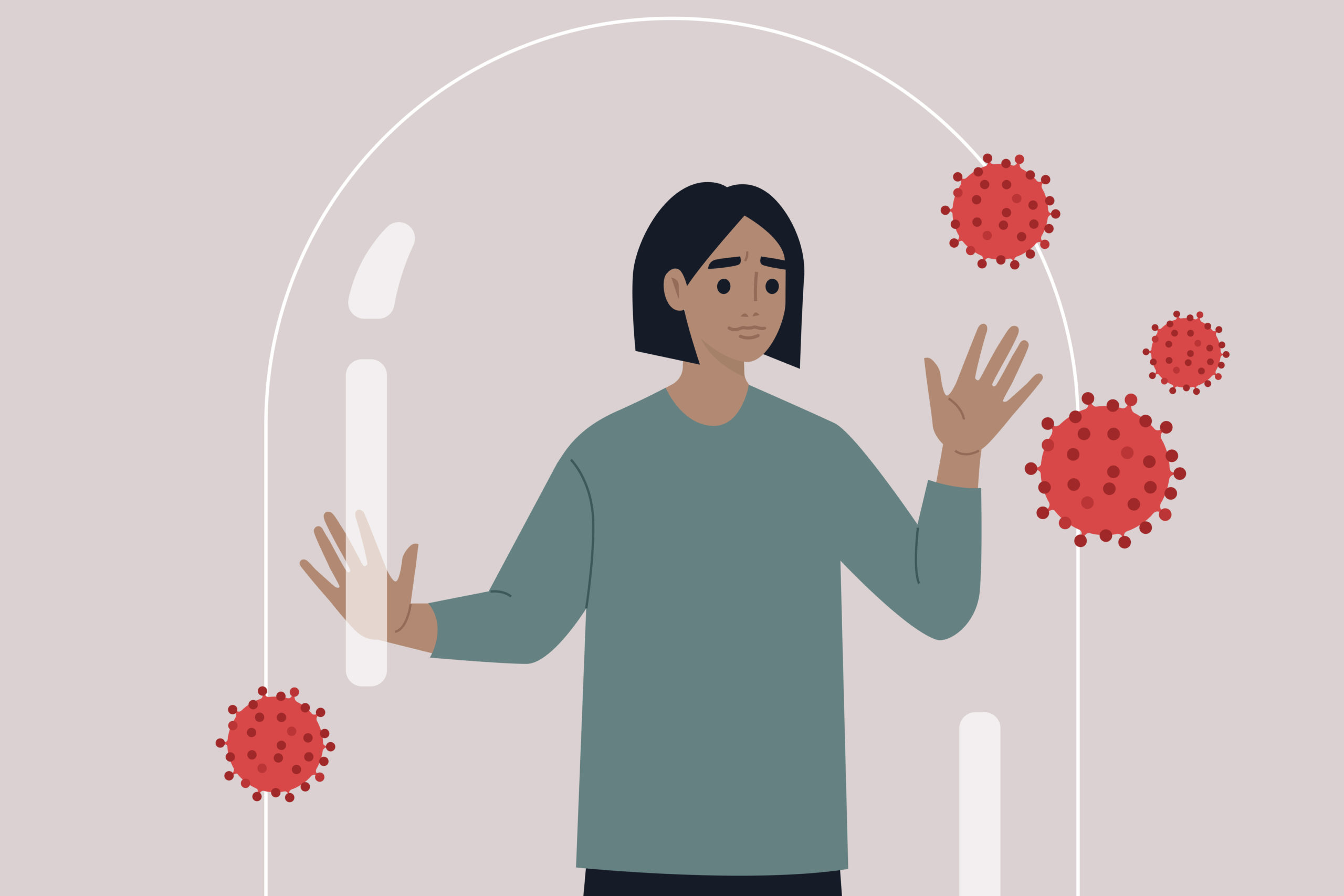Before the Menopause even starts, when the ovaries start to slow down in producing high levels of hormones, your body can experience changes and symptoms.
Perimenopause or the ‘menopause transition’ can begin 8-10 years before menopause. Usually starting in a woman’s 40s, although it can start as early as during the 30s, the ovaries gradually produce less estrogen up until the point they stop producing eggs and you enter menopause. The drop in estrogen accelerates in the last couple of years, and this is when many women begin to experience menopause symptoms even though they are still having menstrual cycles.
How Long Does Perimenopause Last?
The average length of perimenopause is four years, but for some women, this stage may last only a few months. It ends when a woman has gone 12 months without having her period.
What is Premature Menopause?
When Menopause occurs between 45 and 55 it is considered a natural part of ageing. However, some women can experience Menopause early. Usually, this is sue to surgical intervention (such as removal of the ovaries) or damage to the ovaries (such as from chemotherapy). Regardless of the cause, this is called early Menopause, and if it occurs before 40 it is premature menopause.
What are the Perimenopause Symptoms?
Usually, the symptoms of perimenopause are the same as the menopause. You will likely experience irregular periods as the ovaries reduce their function. This can include heavier or lighter periods, or skipping a month. You may also experience an increased level of cholesterol, which can make woman prone to heart disease. Combined with this, any of all of these symptoms can be experienced during perimenopause.
- Hot flushes
- Migraines
- Night sweats
- Sleeping problems
- Vaginal dryness
- Mood swings
- Forgetfulness
- Loss of libido
- Thinning hair
- Heart palpitations
- Weight gain
- May leak when coughing/urine infections
- Breast tenderness
- Worsening of premenstrual syndrome (PMS)
- Racing heart
- Headaches
- Joint and muscle aches and pains
- Changes in libido (sex drive)
- Difficulty concentrating, memory lapses (often temporary)
- Weight gain
- Hair loss or thinning
Not all women get all of these symptoms. If you are affected by a racing heart, urinary changes, headaches, or other new medical problems its important to see a doctor just to double check that there is no other cause.
How Do I Know If It’s Perimenopause or Something I Should Worry About?
Irregular periods are normal during perimenopause, but sometimes abnormal bleeding can be something more serious. If you experience anything like the below, its best to see a doctor to check there is nothing else going on.
- Your periods are changing to become very heavy, or accompanied by blood clots
- Your periods last several days longer than usual
- You spot or bleed after your period
- You experience spotting after sex
- Your periods occur closer together
Got any more questions about Perimenopause? Our Menopause expert Kathy is on hand to help answer your queries – visit the menopause page to ask a question.





